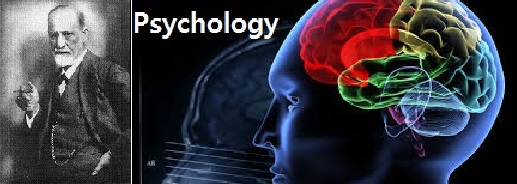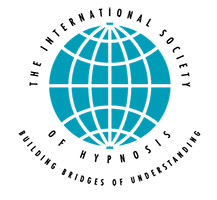
Failure to achieve orgasm during sexualintercourse. Anorgasmia has many causes, including stress,anxiety,depression, fatigue, worry, guilt, fear of painful intercourse, fear ofpregnancy, the undesirability of a partner, the undesirability of a setting, and the use of alcohol or prescription or illicit drugs.
Anorgasmia is an inability to reach orgasm. A man with anorgasmia may experience delayed orgasm or may not achieve orgasm at all, even after sexual stimulation and excitement. He is usually able to have a suitable erection and penetrate his partner, but no orgasm results. This situation often causes great personal distress.
Despite what you see in the media, orgasm is no simple, sure thing. This pleasurable peak is actually a complex reaction to many physical, emotional and psychological factors. If you're experiencing trouble in any of these areas, it can affect your ability to orgasm.
Physical causes
A wide range of illnesses, physical changes and medications can interfere with orgasm:
Medical diseases.Any illness can affect this part of the human sexual response cycle, including and neurological diseases, such as multiple sclerosis.
Gynecologic issues.Orgasm may be affected by gynecologic surgeries, such as hysterectomy or cancer surgeries. In addition, lack of orgasm often goes hand in hand with other sexual concerns, such as uncomfortable or painful intercourse.
Medications.Many prescription and over-the-counter medications can interfere with orgasm, including blood pressure medications, antihistamines and antidepressants particularly selective serotonin reuptake inhibitors (SSRIs).
Alcohol and smoking.Too much alcohol can cramp your ability to climax; the same is true of smoking, which can limit blood flow.
The aging process.As you age, normal changes in your anatomy, hormones, neurological system and circulatory system can affect your sexuality. A tapering of estrogen levels during the transition to menopause can decrease blood flow to the vagina and clitoris, which can delay or stop orgasm entirely.
- Medications
- Hypertension
- Excessive drug and alcohol use
- Chronic pain
- Spinal cord injury
- Multiple sclerosis
- Hormonal problems
Psychological causes
- Many psychological factors play a role in your ability to orgasm, including:
- Mental health problems, such as anxiety or depression
- Poor body image
- Stress and financial pressures
- Cultural and religious beliefs
- Fear of pregnancy or sexually transmitted infections
- Embarrassment
- Guilt about enjoying sexual experiences
- Past sexual or emotional abuse
- Performance anxiety
- Stress
- Problems in relationship
- Past sexual trauma or abuse
- Negative attitudes about sex
- Guilt about sex
Relationship issues
Many couples who have problems outside of the bedroom also experience problems in the bedroom. Overarching issues may include:
- Lack of connection with your partner
- Unresolved conflicts or fights
- Poor communication of sexual needs and preferences
- Infidelity or breach of trust
- Intimate partner violence
An orgasm is a feeling of intense physical pleasure and release of tension, accompanied by involuntary, rhythmic contractions of your pelvic floor muscles. But it doesn't always look - or sound - like it does in the movies. The way an orgasm feels varies from woman to woman, and in an individual woman, it may even differ from orgasm to orgasm.
By definition, the major symptoms of anorgasmia are inability to experience orgasm or long delays in reaching orgasm. But there are different types of anorgasmia:
Lifelong anorgasmia.This means you've never experienced an orgasm.
Acquired anorgasmia.This means you used to have orgasms, but now experience difficulty reaching climax.
Situational anorgasmia.This means you are able to orgasm only during certain circumstances, such as during oral sex or with a certain partner. Most women can't reach orgasm through vaginal penetration alone.
Generalized anorgasmia.This means you aren't able to orgasm in any situation or with any partner.
Usually, healthcare providers start by treating the cause of the problem. For example, some medications have sexual side effects. If a medication appears to cause orgasm problems, a change in medication might help. Or, if is the suspected cause, a man might need to take different steps to control his blood sugar.
Some men benefit from lifestyle changes, like cutting down on drug and alcohol use or learning stress management techniques. In some cases, counseling and sex therapy – either alone or with a partner – is warranted. Couples counseling may help partners work through their issues. Therapy can also help a man address any past sexual trauma or work through any negative feelings he has about sex.




































